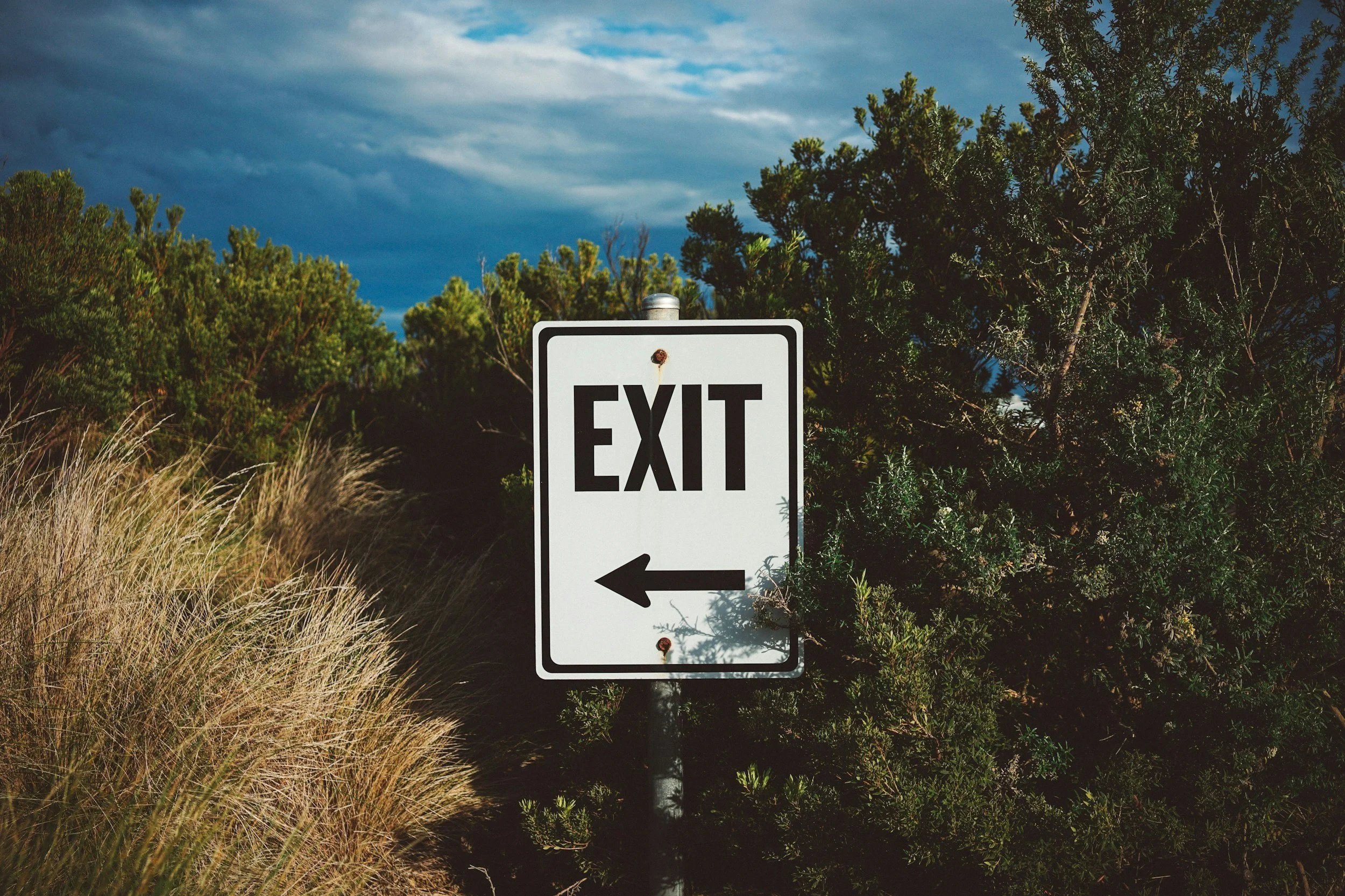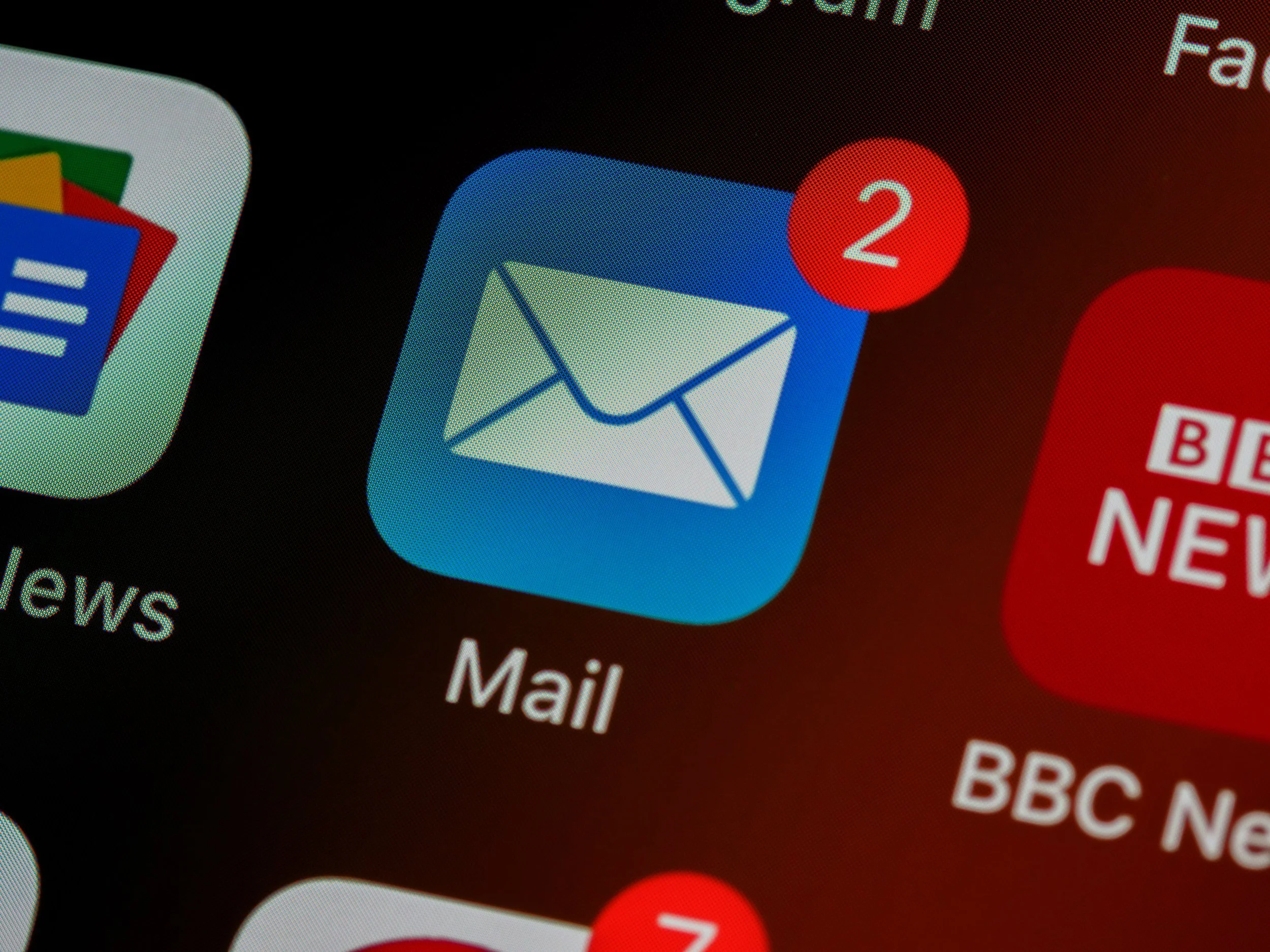I get this question a lot, and for good reason. On one hand: Every bit of information related to representation is presumptively confidential per Rule 1.6 and its state equivalents. (Different states interpret the rule differently; Wisconsin takes a particularly restrictive view.) On the other hand, if you need to move a court to withdraw, they usually want a reason (see Rule 1.16), and most of those reasons are going to contain, well, information related to representation.
All in FAQ
Stacie’s Explainer for What the Heck Happened with Gableman Last Week
Last week, a referee appointed by the Supreme Court of Wisconsin recommended that former Justice Michael Gableman’s license to practice law be suspended for three years, in accordance with a stipulation between the parties. This recommendation stems from Gableman’s actions in connection with an “audit” of the 2020 election.
That’s What Friends [May Not Be] For
Last week, I co-presented a session at the “Life Is a Highway: Handling Traffic Cases”* seminar at the State Bar of Wisconsin, with my friend Emily Bell. Our session was about dabbling—when you want to work on matters not in your normal areas of expertise, and sometimes without the preparation and training you need.
One of the topics we discussed is that “no good deed goes unpunished” thing when your friends know you’re a lawyer—they want you to handle their legal matters.
But can you?
“@MindYour8Point4CsandQs” is Available, But Should I Use It?
Last week, CNN reported that Wisconsin native and fake elector lawyer Ken Chesebro not only had an anonymous Twitter/X account, “@BadgerPundit,” but denied its existence to Michigan investigators. The account was actually created back when then-Governor Scott Walker dropped the Act 10 bomb, incidentally right around the same time I created my own, very much not anonymous Twitter account (it’s @EthickingStacie now, naturally, but was something else then). We may have interacted at some point, but we were never mutuals.
This Blog Is Not About Politics so I am not weighing in on the electoral or PR ramifications of this burner account. But I have been asked—Ken Chesebro is a lawyer*, and lawyers aren’t allowed to engage in conduct involving dishonesty, fraud, deceit, or misrepresentation, right? Can lawyers even have anonymous social media accounts?
Going Once, Going Twice: Legal Services Donations to Charity Auctions and Raffles
Can lawyers donate legal services to be auctioned or raffled off? Doing so may seem like a relatively low-stakes way to give back to your community and get some publicity, but can it be done ethically?
“Enrolled as inactive?” “Administratively Suspended?” What does that mean?
Over the weekend, we learned that the California State Bar “suspend[ed] 1,600 attorneys for violating rules set up after Tom Girardi allegedly stole millions.” At first blush, this sounds horrible—this many attorneys did what now? However, what that really means is that these lawyers neglected to comply with new trust account requirements (including registering their trust accounts with the State Bar, completing an annual self-assessment, and certifying that they understand and comply with trust account rules). As a result, they were “enrolled as inactive for noncompliance.”
Is there really that much daylight between a lawyer and client?
"After completing his time on the Supreme Court, Daniel Kelly provided legal counsel to several clients, amongst which were the RNC and RPW," [Kelly’s spokesman Jim] Dick said (paywalled, sorry). "It is a maxim in the legal profession that the views of clients are not attributable to their attorneys."
But is it really true? Is there really that much distance or difference of opinion between a client and a lawyer?
Should Lawyers Have Separate Work and Personal Devices?
Can lawyers use a single cell phone (or other device) for both work and personal purposes? Should they?
“So, Great Party Here, Mind If I Ask You A Few Questions About Admiralty Law?”
Remember getting accosted at cocktail parties and bar mitzvahs? Your cousin’s date found out you’re a lawyer and has a question or twelve for you about their esoteric legal issue. Before you can get a word in, you’ve learned that the date lives in Oregon, the problem arose in Florida, and involves various distinctions between importing live poultry and importing poultry that has been processed for retail grocery sale.
Or, more commonly these days, you fire up your social media and find that a friend, a friend-of-a-friend, or a stranger has tagged you and wants you to weigh in on a legal question. (I call this the “Facebook subpoena” even though generally it has the force of “oh come on now what?” more than anything.)
Of course, you have no obligation to answer any of these questions. But can you? Should you?
So, Wait, *I* Can Be Subpoenaed?
Today’s breaking news is not that. We learned that the House select committee investigating the January 6, 2021 attacks on the Capitol issued subpoenas for Rudy Giuliani, Jenna Ellis, Sidney Powell, and Boris Epshteyn. All four are attorneys who were involved in some way in the January 6 insurrection or the litigation seeking to overturn the election results.
While predictions as to how that will play out are beyond the scope of this blog, I do occasionally get asked whether attorneys can be subpoenaed to testify about, or produce documents related to representation of, former or current clients.
"Whyfor put send button right next to send all?"
We’ve all probably hit “reply all” when “reply” was the better call.
But what happens when “all” includes the represented, opposing party?
Can Lawyers Moonlight?
The job market is hot, your student loan balance is, well, eek, and you’ve been asked to do some legal work on the side—maybe it’s document review for a contract firm, or overflow for a solo practitioner friend.
Can you ethically do this?
Tread carefully, if at all.
Does diligent representation mean I have to answer client e-mails on weekends?
More and more, clients (and employers) are expecting their lawyers to be available on weekends and holidays. (We can probably thank smart phones for that.) But does that expectation translate into an duty?
Wait, my law license can be suspended without a hearing?
Well, well, well. It seems that the attorney for the former president, landscaping company press conference aficionado, and frequent target of ridicule Rudy Giuliani needs to take an indefinite time out in New York, as his license to practice law there has been suspended on an interim basis pending investigation.
I'm a young associate. Can I blame my boss for my rule violation?
You’re relatively new to law practice. (Congratulations on your graduation and new job in a pandemic, by the way.) You studied the rules and maybe passed the MPRE. But you’re still learning and your on-the-job training has been, well…the partners are really busy.
Long story short, you messed up. In retrospect, that’s clear. Your client complained to the OLR and now you have to answer an inquiry.
Is your newbie-ness and perhaps not-great advice from your supervisor a defense to grievance?
Can I settle a claim with my own client?
A question I get frequently, often in the initial consultation, is whether the lawyer can offer to settle the matter financially with their client to make everything go away.
This is a “no, not everything” answer.
They Say the Only Bad Publicity is No Publicity, But Worse Is Publicity Without Informed Consent
Over the last couple of days, friends have forwarded articles containing interviews with members of the ex-president’s impeachment trial team, asking if they really should be spilling the tea like that?
This is a question I do get generally, so let’s call this a FAQ: Aren’t these things supposed to be confidential? Are lawyers really supposed to talk to media other than to say “no comment”?
"Why isn't [Lawyer Villain In the Media] Disbarred Already?"
This is the non-lawyer version of a question I get a lot from lawyer clients—”how long is this disciplinary proceeding going to take?”
Unfortunately for lawyers facing discipline and curious lay folks alike, there’s no real answer. I know people get tired of hearing this from lawyers, but really, “it depends.” Every disciplinary authority has its own internal case processing goals, but it is often difficult to determine whether a particular case will fall within the guidelines.
I Wasn't Even Supposed to Be Here Today: Professional Conduct During Your Time Off
Can I be disciplined professionally for off-duty conduct?
The answer is, of course (say it with me) it depends.



![That’s What Friends [May Not Be] For](https://images.squarespace-cdn.com/content/v1/5d93821f16ea12193a39cbf7/1751490714546-QHBUIOPLPH77FYYNV590/unsplash-image-LjqARJaJotc.jpg)














!["Why isn't [Lawyer Villain In the Media] Disbarred Already?"](https://images.squarespace-cdn.com/content/v1/5d93821f16ea12193a39cbf7/1610230956148-Y2U3R0JGBTT4JUUO5FKS/image-asset.jpeg)

